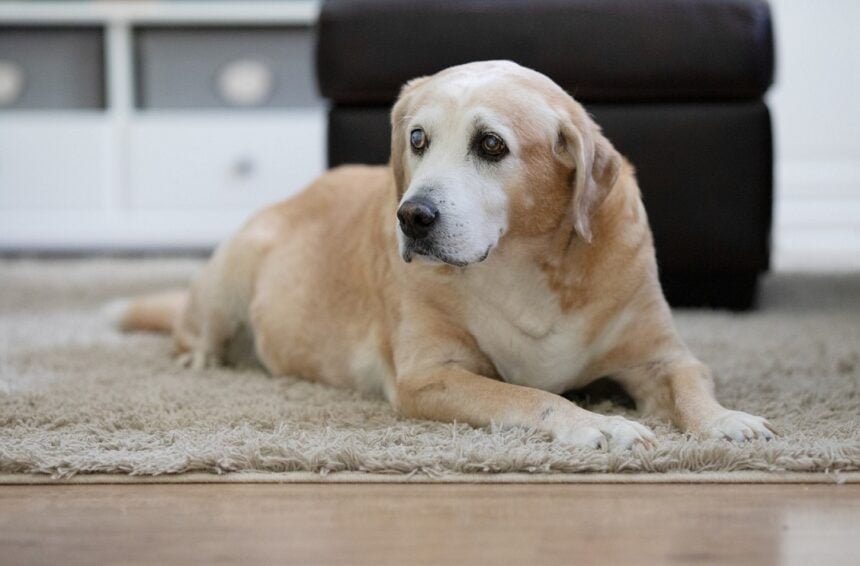Understanding the importance of providing the best care for our furry companions, especially in their golden years, is crucial. Senior dogs have unique needs and challenges, but with proper care and attention, they can continue to live fulfilling and comfortable lives. In this article, we will explore essential tips for caring for senior dogs, ensuring they remain happy, healthy, and well-loved during their later years.
Regular Veterinary Check-ups
As dogs age, they become more susceptible to various health issues. Regular veterinary check-ups are crucial for early detection and treatment of potential problems. Schedule visits with your veterinarian at least twice a year to monitor your senior dog’s health and address any concerns promptly.
Adjusting Diet and Nutrition
Senior dogs often have different nutritional needs compared to their younger counterparts. They may require fewer calories, more fiber, and specific nutrients to support their aging bodies. Consult with your veterinarian to determine the best diet for your senior dog, and consider incorporating supplements to support joint health, digestion, and cognitive function.
Maintaining a Healthy Weight
Excess weight can exacerbate existing health issues and contribute to new ones, such as joint pain and diabetes. Monitor your senior dog’s weight regularly and adjust their diet and exercise routine as needed to maintain a healthy weight.
Providing Mental Stimulation
Cognitive decline is a common issue in aging dogs. Providing mental stimulation through puzzle toys, interactive games, and new experiences can help keep your senior dog’s mind sharp and engaged. Regular mental stimulation can also help reduce anxiety and boredom, which can contribute to behavioral issues.
Adapting Exercise Routines
While senior dogs still need regular exercise, their physical abilities may decline as they age. Adjust your dog’s exercise routine to accommodate their changing needs, focusing on low-impact activities such as leisurely walks, swimming, or gentle play. Always monitor your dog for signs of discomfort or fatigue and adjust the intensity and duration of exercise accordingly.
Prioritizing Comfort
Senior dogs may experience discomfort due to arthritis, joint pain, or other age-related issues. Provide your dog with a comfortable and supportive bed, and consider adding ramps or stairs to help them navigate your home more easily. Keep your home at a comfortable temperature, as older dogs may have difficulty regulating their body temperature.
Regular Grooming and Dental Care
Maintaining good hygiene is essential for your senior dog’s overall health and well-being. Regular grooming helps prevent matting, skin issues, and discomfort, while dental care is crucial for preventing gum disease and tooth loss. Schedule regular grooming sessions and brush your dog’s teeth daily to keep them looking and feeling their best.
Monitoring Changes in Behavior
Keep a close eye on your senior dog’s behavior, as changes may indicate underlying health issues. If you notice any sudden or concerning changes in your dog’s appetite, energy levels, or temperament, consult with your veterinarian to determine the cause and appropriate course of action.
Providing Love and Attention
Senior dogs may require more reassurance and companionship as they age. Make time for regular cuddles, gentle play, and affection to help your dog feel secure and loved. Remember that your senior dog has been a loyal companion throughout their life, and they deserve all the love and care you can provide during their golden years.
Caring for a senior dog can be both rewarding and challenging, but with proper care and attention, your beloved companion can continue to live a fulfilling and comfortable life. As pet lovers, we must adapt to our dogs’ changing needs and provide the support they require to age gracefully. By following these tips and working closely with your veterinarian, you can ensure your senior dog remains happy, healthy, and well-loved throughout their later years.







